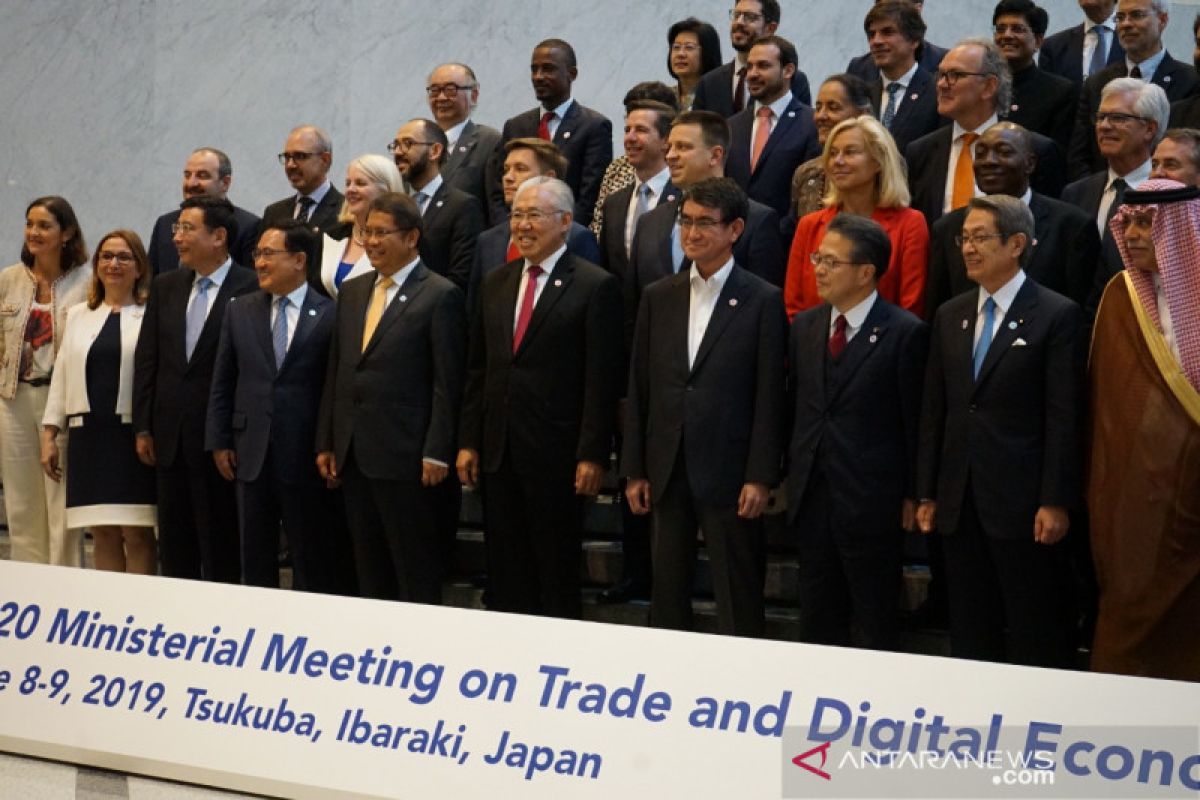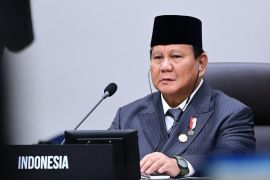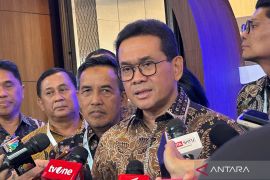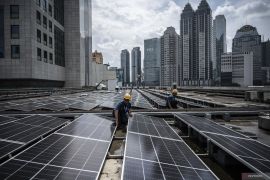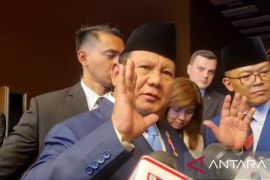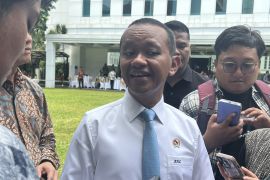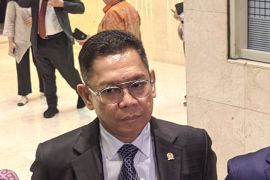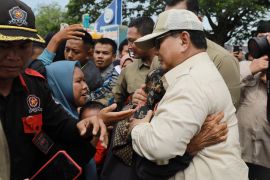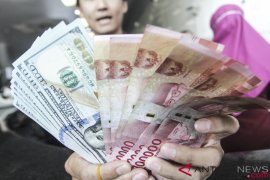However, the nippy and windy climate of Tsukuba failed to have an impact on the heated discussions among delegates.
The soaring tensions over the trade war had overshadowed this two-day meeting of trade ministers from the Group of 20 major economies.
It all began with the adoption of import duties by the United States on goods imported from China, to which the latter was quick to retort with tit-for-tat action.
Conditions prevailing over the past three years have hindered the performance of international trade, especially in developing nations.
Ego clashes between the two major countries have reduced global demand, and this condition is projected to remain unchanged in the near future.
The World Trade Organization (WTO) has estimated global trade growth to reach merely 2.6 percent in 2019 and a potential downward revision in the second semester.
This projection is lesser than the four percent global economic growth in 2017 and 3.6 percent in 2018.
The International Monetary Fund (IMF) has also projected that trade war can reduce 0.5 percent of the global GDP, or worth US$455 billion, by 2020.
To this end, the G20 meeting had laid emphasis on seeking solutions to placate tensions over the US-China trade war.
Trade Minister Enggartiasto Lukita, representing the government at the meeting, noted that Indonesia had expressed concern over the current conditions.
Lukita remarked that rising tensions over the current trade war had resulted in a trust deficit among G20 countries concerning the dismal implementation of the multilateral system.
An effort to revitalize multilateral cooperation that has started to be abandoned in international trade is through the WTO reform.
At this forum, Indonesia also reiterated the importance of reform in the WTO body that had begun to be overwhelmed in tackling issues of trade disputes.
WTO Reform
Lukita pointed out that the WTO not functioning optimally is a common issue that should be tackled at this forum.
"This is a major problem for the world and the G20, so we are really urged to play a role in overcoming this (issue)," he remarked on the sidelines of the G20 meeting.
Hence, boosting the WTO's role through reforms is deemed necessary, so expectations for this institution's existence do not further dwindle and imperil the conditions of global trade.
Director General for International Trade Negotiations at the Trade Ministry Iman Pambagyo noted that the WTO's role in negotiations and supervision had not gone well.
It's role to resolve dispute is also threatened since currently, it has no member of the appellate body.
Appointment for the WTO appellate body member is still a challenge due to the veto from the United States that has the potential to slow down the resolution of trade conflicts.
"The appellate body member must be appointed immediately. If it does not exist until December, then the function of the dispute resolution system will stop," Pambagyo emphasized.
Currently, the issue of trade tends to be resolved unilaterally or unilaterally due to the belief deficit in the international world.
In the face of such conditions, improvement of the WTO's body holds significance, so that the global trade situation does not weaken further.
"We must fix the WTO, if it is not perfect. It does not mean that the WTO is abandoned or all are blocked. We must sit down to talk about improving the WTO," Pambudi reiterated.
He expounded the importance of improving the multilateral cooperation system to strengthen global trade performance, so that economic slowdown does not continue.
Protracted conflict situations in the short term can reduce export and investment performance and eventually reduce economic activity.
"People's trust in trade and investment can fade. At the end, each one relies on domestic consumption," he stated.
Statement
In tackling increasingly tough conditions in the subsequent six months, the delegates concurred on the ministerial statement that laid emphasis on boosting trade performance.
Some points of the statement comprise agreeing to efforts to continue trade that is free, open, fair, without discrimination, transparent, predictable, stable, and in accordance with the investment environment.
International trade has also been found to be able to boost productivity, create innovation and employment, and support development.
The meeting also highlighted the importance of the WTO's role in creating opportunities and dealing with different trade-related challenges.
This meeting also spawned chairs statement proposed by Japan that assumed the G20 Presidency for 2019.
Chairs statement was produced to accommodate the points not agreed upon from the joint statement of the ministers.
One of the points is seeking risk mitigation to allay the tensions of trade wars, including boosting the investment confidence and sentiment among exporters and investors.
However, these statements face further challenges at the implementation level, as they are not legally binding agreements.
The world must realize that trade war is not profitable for developed economies and have a negative impact on developing nations.
The trade war is a setback in the era of globalization that is open and reiterates expediting the movement of goods and services.
To this end, the awareness to reduce the egos of warring parties is also deemed urgent, as the future of international trade is at stake.
EDITED BY INE
Editor: Fardah Assegaf
Copyright © ANTARA 2019
